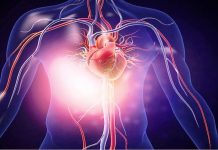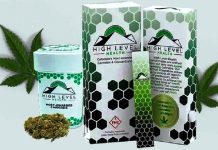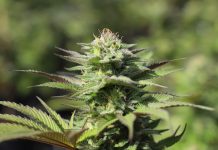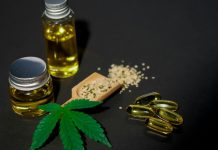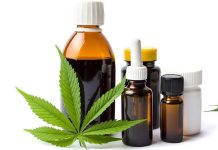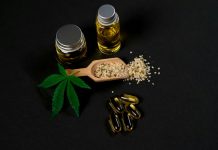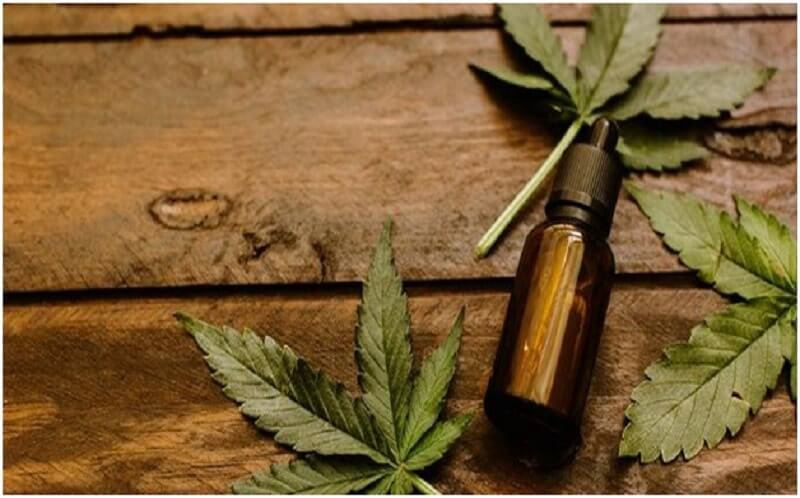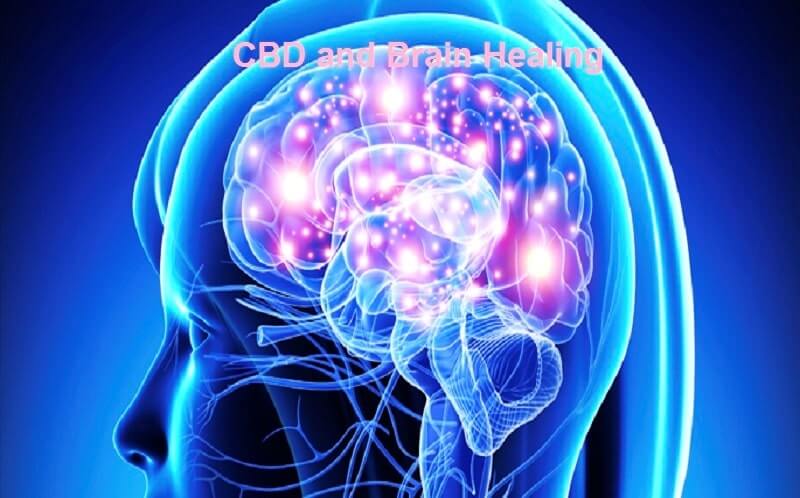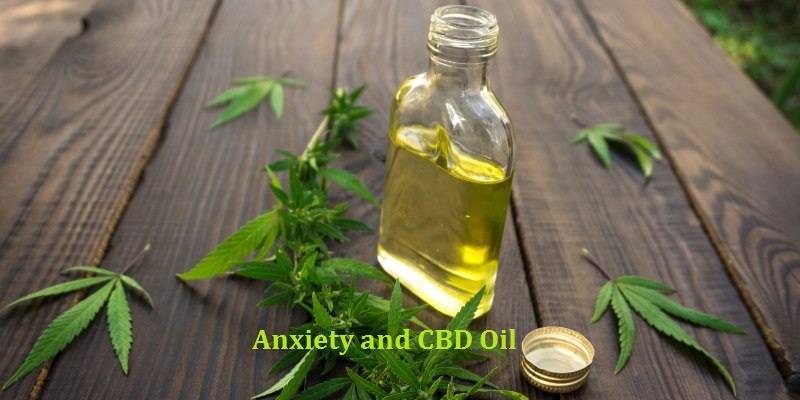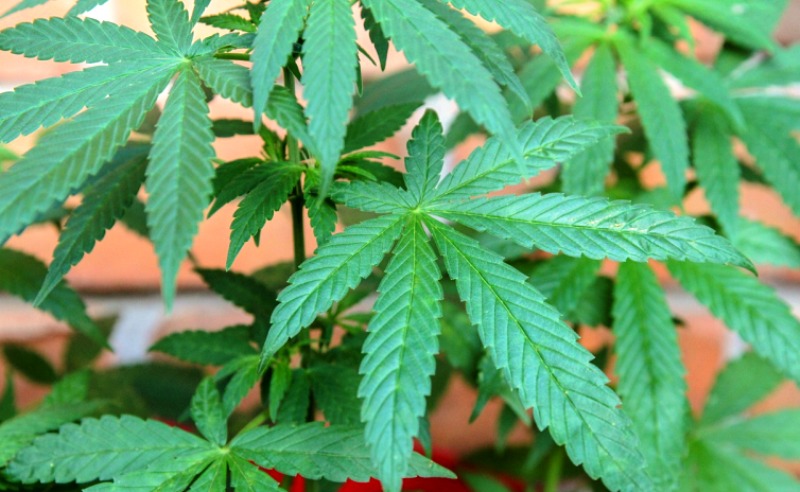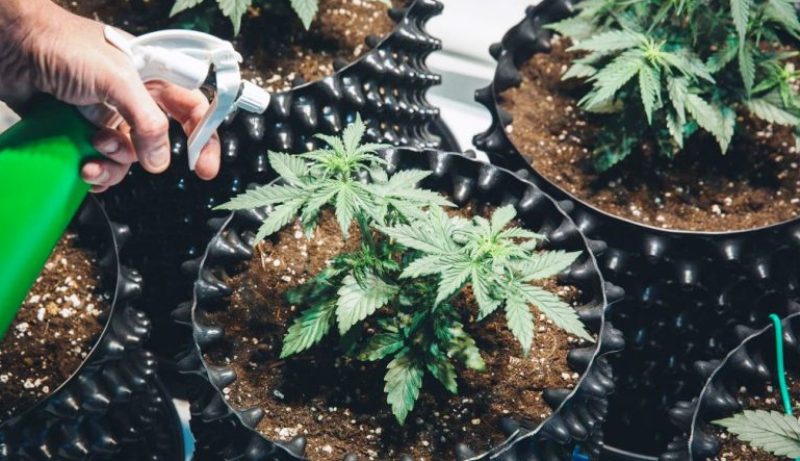The hemp, better known as Cannabis sativa L., is an annual plant of the family Cannabaceae. It can reach a height of 4-5 meters and is seen visibly by the appearance of the leaves, very similar to the fingers of an open hand. The Cannabis sativa L. is, or rather, was cultivated a little ‘all over the world, before prohibition, especially for textile, construction, and food. In recent years the cultivation of Cannabis Sativa seems to be back in vogue even in countries where marijuana remains illegal.
Hemp seeds are the product intended for use in food, raw, and whole (or alternatively shelled) are ready to eat, combined with salads, soy yogurt, or other dishes of your choice. In addition, hemp seeds are cold-pressed to obtain high-quality hemp oil, rich in the famous omega-3 and omega-6 fatty acids. Hemp seeds are now considered one of the most nutritious foods of the planet, as they are complete from a nutritional point of view.
A full of proteins
Hemp seeds are composed of 24% proteins, in a unique combination if we compare them with most of the known plant foods. They indeed contain all 8 essential amino acids. Amino acids are the element from which our body is able to manufacture proteins. When necessary, our body has the ability to generate certain amino acids from others. Of the winds that participate in protein synthesis (and therefore cell renewal), only eight are not synthesizable and are therefore defined as “essential amino acids”. These amino acids can be introduced only with feeding.
The 8 essential amino acids are leucine, isoleucine, phenylalanine, lysine, methionine, threonine, tryptophan, and valine. Almost all foods in the plant world contain only some of these essential amino acids, while others are absent, or present only in trace amounts. And this is one of the many reasons why it is difficult to practice a vegan diet, as there is a risk of insufficient intake of these amino acids.
A mine of “good fats”
Like all oleaginous dried fruit, hemp seeds are also very rich in vegetable fats (around 35%). These are composed, for about 75%, of polyunsaturated fats, such as linoleic, linoleic, and Alfa linoleic acid. These are fatty acids considered essential for the proper functioning of muscles, nerve receptors, and numerous glands in our body.
The high presence of polyunsaturated fatty acids make these seeds very precious, especially to combat and prevent various diseases such as arteriosclerosis, cardiovascular disorders, high cholesterol, brain disorders (Alzheimer, senile dementia, Parkinson’s disease), arthritis, diseases respiratory system (e.g. asthma, sinusitis), eczema and acne.
Vitamins and mineral salts
The vitamin content of hemp seeds is also excellent, especially the presence of vitamin E, which is very important for its antioxidant action. In addition to vitamin E in hemp seeds, vitamin A, B1, B2, PP, and C are also present. Among the minerals, we find instead potassium, phosphorus, magnesium, calcium, and iron.
They are rich in fibers
Hemp seeds (especially those not shredded) are rich in fiber. The fibers are useful to maintain and restore the proper functioning of the intestine and therefore to counteract a condition that many people suffer from constipation. The fibers also help to reduce blood sugar, rebalance the intestinal bacterial flora, and prevent the formation of colon tumors.
They are anti-inflammatory
For their richness of omega-3 and gamma-linoleic acid (GLA), hemp seeds are considered powerful natural anti-inflammatories, so the consumption of seeds and oil of hemp is recommended above all to people who suffer from inflammatory pathologies both acute and chronic, such as colitis, ulcerative colitis, fibromyalgia, psoriasis, dermatitis, arthritis, rheumatoid arthritis, etc.
For the health of the heart
Always because of the richness of polyunsaturated fats, hemp seeds are considered by nutritionists an excellent ally for heart health. The consumption of these seeds helps to regulate blood pressure, cholesterol (reduces bad and increases the good), blood sugar, and triglycerides. All this means significantly reducing the risk of atherosclerosis, heart attack, and stroke.
Combat constipation
Thanks to the richness of fiber, hemp seeds are excellent for improving and preserving the proper functioning of the intestine and therefore to prevent and treat constipation.
Antioxidant action
Vitamin E, contained in hemp seeds, is a powerful antioxidant, which helps to block the harmful action of free radicals, which are mainly responsible for cell degeneration.
Conclusion: How to eat hemp seeds
To fully enjoy the healthy properties of cannabis seeds, it is recommended to purchase and consuming INTEGRAL SEEDS. Which means you should eat the seeds with a shell that is, not decorticated. Sativa cannabis seeds (as well as oil and flour) are easily found in all organic food stores, or alternatively in health food stores and some online stores.
Because the shell provides protection to the seed, you must know that polyunsaturated fatty acids, of which these seeds are very rich, are photosensitive, that is extremely sensitive to sunlight, as well as heat. This means that through cooking and simple exposure to sunlight, essential fatty acids degrade and lose their beneficial properties. But if there is a shell, this does not happen. So we eat unpeeled hemp seeds and eat them raw. We can decide to add them as a condiment to our salads, or fruit salads, to prepare smoothies, or as an addition to soy yogurt.





